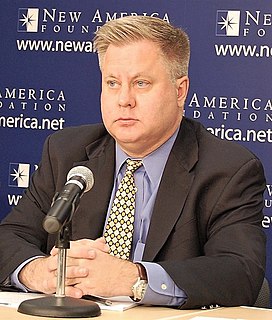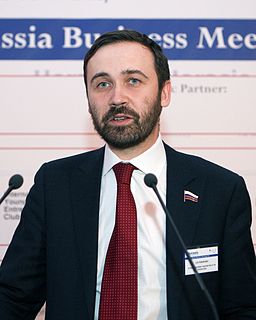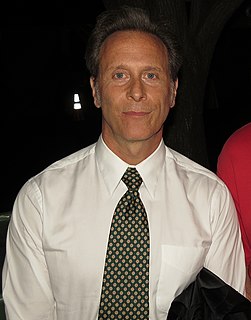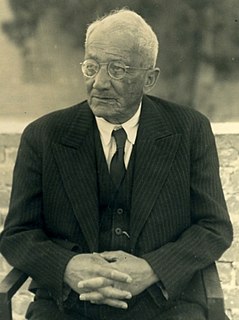A Quote by Friedrich Engels
By bourgeoisie is meant the class of modern capitalists, owners of the means of social production and employers of wage labor. By proletariat, the class of modern wage laborers who, having no means of production of their own, are reduced to selling their labor power in order to live.
Related Quotes
Since it is to the advantage of the wage-payer to pay as little as possible, even well-paid labor will have no more than what is regarded in a particular society as the reasonable level of subsistence. The lower ranks of labor will commonly have less, and if public relief were afforded even up to the wage-level of the lowest ranks of labor, that relief would compete in the labor market; check or dry up the supply of wage-labor. It would tend to render the performance of work by the wage-earner redundant.
Like most terms of political discourse, socialism has more or less, lost its meaning. Socialism used to mean something. If you go back far enough it meant basically control of production by producers, elimination of wage labor, democratization of all spheres of life; production, commerce, education, media, workers control of factories, community control of communities, and so on. That was socialism once. But it hasn't meant that for a hundred years. Socialism meant something different.
My political tradition is on the left, but I think that more modern leftists, they sometimes get stuck with this vision of large government and social benefits and everything and that's against what is my position, because I think that the ultimate vision of Marx, Engels, and those people was to eliminate government entities and to give as much power to the people. And in modern standing that means direct democracy, that means all the power to the communities, it means gradually eliminating all government oppression on the society. And 100 years ago, leftists' major allies were labor unions.
Let me go out on a limb and suggest that those who see hints of a new class ideology developing around information technology are not necessarily wild-eyed. "Bit-twiddlers" are neither exactly proletariat nor bourgeoisie. They may not own the means of production in the sense that Marx argued, but they certainly do have significantly control over those means, in a more profound way than the term "symbols analysts" or "knowledge workers" captures. As a rough generalization, they value science and technological problem-solving elegance equally at least with profit.
The ideas of the ruling class are in every epoch the ruling ideas, i.e. the class which is the ruling material force of society, is at the same time its ruling intellectual force. The class which has the means of material production at its disposal, has control at the same time over the means of mental production, so that thereby, generally speaking, the ideas of those who lack the means of mental production are subject to it. The ruling ideas are nothing more than the ideal expression of the dominant material relationships, the dominant material relationships grasped as ideas.
What is Communism? Communism is the doctrine of the conditions of the liberation of the proletariat. What is the proletariat? The proletariat is that class in society which lives entirely from the sale of its labor and does not draw profit from any kind of capital; whose weal and woe, whose life and death, whose sole existence depends on the demand for labor.
The conservative goal has been the Third Worldization of the United States: an increasingly underemployed, lower-wage work-force; a small but growing moneyed class that pays almost no taxes; the privatization or elimination of human services; the elimination of public education for low-income people; the easing of restrictions against child labor; the exporting of industries and jobs to low-wage, free-trade countries; the breaking of labor unions; and the elimination of occupational safety and environmental controls and regulations.
Work is a means; it is not an end. And for any tasks that can be performed or eliminated by a capital instrument, human labor is not the best means... Furthermore, we have science, engineering and management - the three disciplines - that really plan and control the production of goods and services, trying to eliminate labor. Who the hell is government to come along and try to create labor? The people who are producing wealth are trying to eliminate toil, while the politicians are trying to create it.
A minimum-wage law, a law that prevents employers and employees from entering into mutually beneficial economic exchanges, is as far from a free market or free enterprise as one can get. That's why it causes so much damage and destruction, especially to black teenagers and others whose labor, for one reason or another, is valued by employers at less than the government-established minimum wage.
a great deal of the wealth at the top is built on the low-wage labor of the poor. Take Wal-Mart, our largest private employer and premiere exploiter of the working class. ... You think it's a coincidence that this union-busting low-wage retail empire happens to have generated a $65 billion family fortune?







































